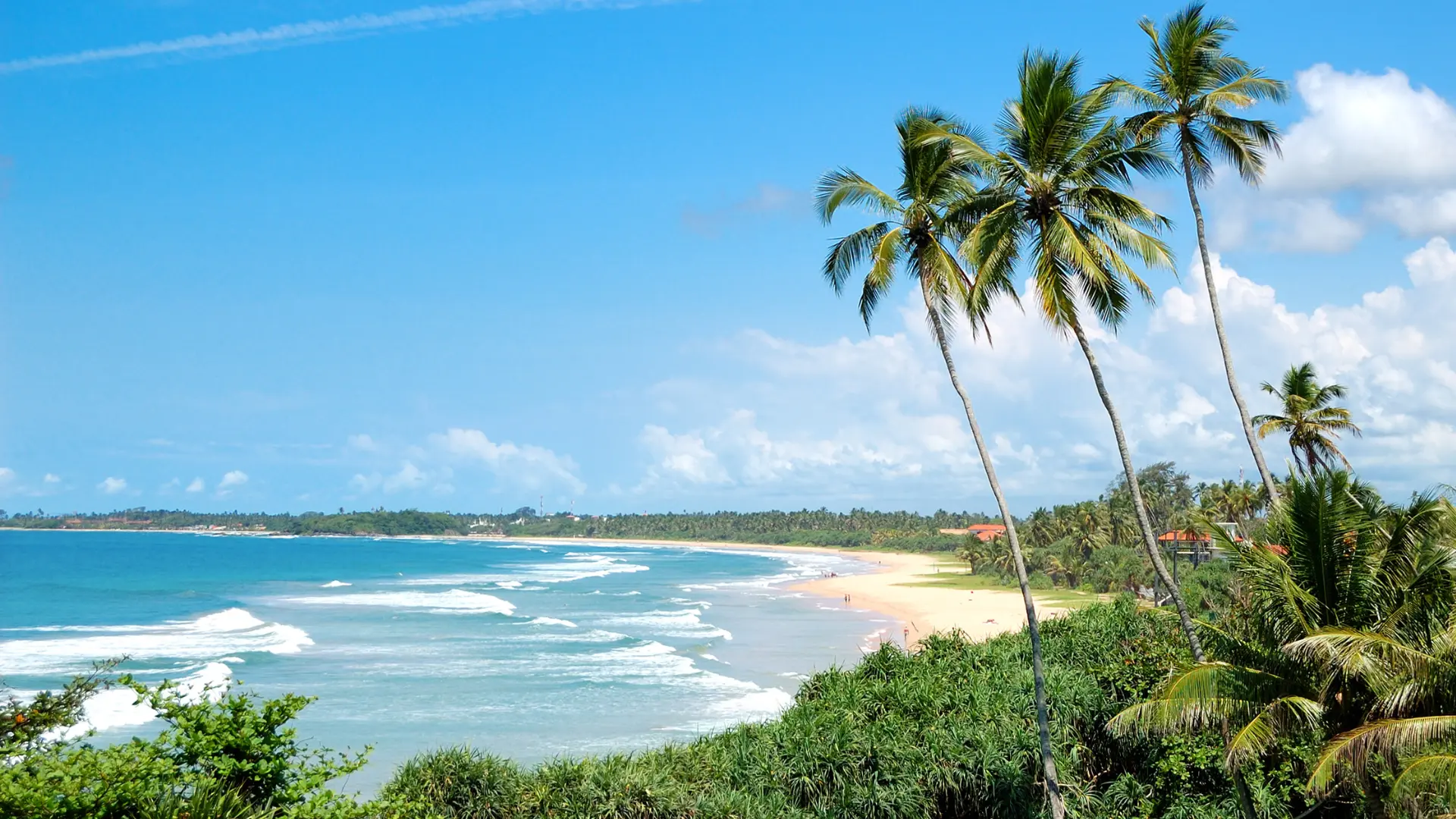In Tbilisi, Georgia, protesters gathered outside parliament through the early hours of Monday, making it the fourth consecutive night of protests. The protests were fueled by the government’s decision to suspend its European Union accession talks, which critics interpret as a pivot towards Russia and a retreat from pro-Western policies—an accusation the ruling party refutes.
The major opposition party, the Coalition for Change, reported that one of its leaders, Zurab Japaridze, was arrested by police as he left the demonstration. Video footage showed Japaridze being taken away in an unmarked vehicle by masked officers, with no information available about potential charges against him.
Global Concerns Over Democratic Backsliding
International observers, including the United States and the EU, have drawn attention to the unrest as the country faces concern over what it describes as democratic erosion. Georgia is a country of 3.7 million at the crossroads of Europe and Asia with historical ties to the Soviet Union. Russia has denied involvement in Georgia’s political shift, but Dmitry Medvedev, the country’s former president and now deputy chairman of Russia’s Security Council, issued a warning Sunday: “Georgia is moving rapidly along the Ukrainian path, into the dark abyss.”
Violence and Injuries Mark Protest Night
The protest demonstration on Sunday night at Rustaveli Avenue turned violent as protesters, some of whom threw fireworks at police, were met with water cannon and tear gas. Nikoloz Miruashvili, one of the protesters, said, “I am here for a very simple reason: to defend my European future and the democracy of my country.”
The clashes left police and protesters injured, and Georgia’s interior ministry said 21 police officers were hurt overnight, making the total number of police injured at 113 since the start of the unrest. The U.S. decried the police’s overuse of force, but President Salome Zourabichvili, who is pro-EU, supported the protesters, saying that many who were detained sustained head and facial injuries from beatings. “This is the revolt of an entire country,” Zourabichvili said in an interview with France Inter.
Resignations and Demands for Change
The protests have already evoked significant political fallout, including resignation by at least four Georgian ambassadors and widespread criticism from diplomats and civil servants, who have signed open letters against the suspension of EU talks and cessation of EU funding for the next four years. Ilia Topuria, a well-known martial arts figure, took to Instagram to express his protest: “I am against the decision to cancel our accession negotiations with the European Union. I am ashamed to see how the children of Georgia are treated. This is not called freedom.”
Meanwhile, President Zourabichvili, whose position is mostly ceremonial, has stated that she will not resign when her term ends this month. She insists that the parliament that would elect her successor is illegitimate, echoing the opposition’s belief that the October elections won by the ruling Georgian Dream party were fraudulent. While the election commission declared the vote fair, Prime Minister Irakli Kobakhidze dismissed Zourabichvili’s stance as emotional and insisted that she would have to leave the presidential palace by the end of December.
A Growing Divide Over National Policy
During the last few months, tension in Georgia has escalated amid a new law targeting “foreign agents” and limitations placed on the rights of LGBT persons. Georgian Dream, the party currently in power, declares such policies are needed for protecting national sovereignty and saving it from Western influence, leading Georgia into conflict with Russia.
ALSO READ:



















